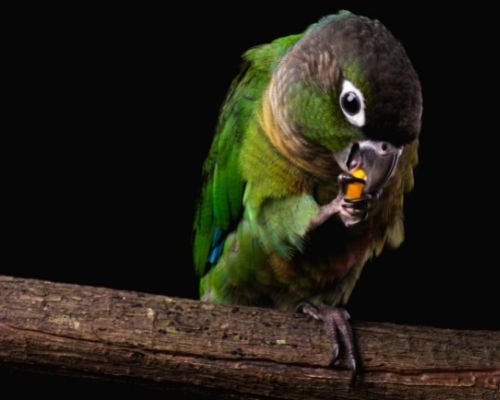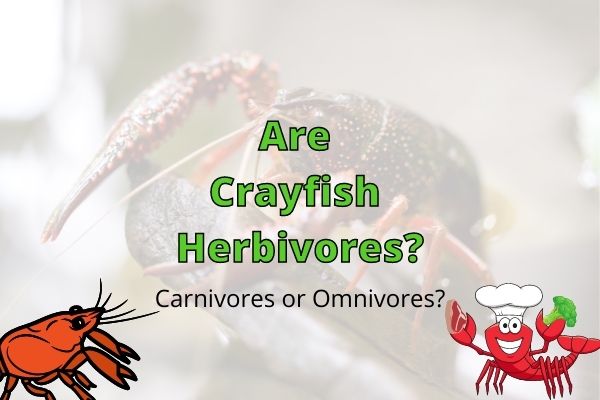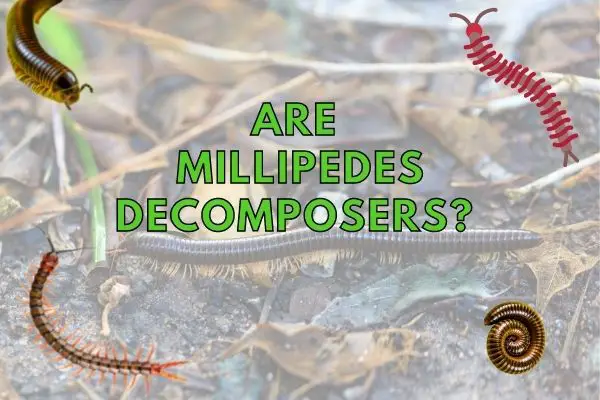Conure parrot owners often want to know what their bird can eat in the wild, and what kind of food is best for them. So let’s get to it!
Conures are a group of parrots that are native to Central and South America. They are a very popular pet bird and come in a variety of different colors and sizes.
In the wild, their diet consists mostly of fresh fruits and plant materials, with some seeds and nuts as a protein source and when fruits are scarce. Conures enjoy a wide variety of fruits such as mango, papaya and figs but also plants, nuts and seeds including many grasses, grains and carob seeds.
As most other parrots and parakeets, conures are herbivores and depend on a diet of fresh fruits and other plant material as their main source of energy and nutrients.
The type of fruits that they eat in the wild depends on their location. In Central America, they eat mostly figs, guavas, and papayas. In South America, they eat a wider variety of fruits, including oranges, limes, and bananas.
Contents
What do sun conures eat in the wild?
Sun conures are known for their beautiful bright yellow and orange colors, which are tightly connected to their diet!
In fact, their diet of fruits high in carotenoids is what gives conures their brightly colored feathers!
In the wild, sun conures mostly eat a diet of fruits, plants and seeds. They eat a variety of fruits like oranges, mangoes, and papayas.


These fruits contain pigments such as beta-carotene, which gives the conures their bright yellow and red colors! The same family of compounds that make flamingos pink!
These fruits also provide the conure with important nutrients like vitamin A, vitamin C, and potassium.
When fruits are not available, sun conures also eat leaves, buds, and flowers.
What do green cheeked conures eat in the wild?
Whereas the sun conure is only found in Northern Brazil, the green cheeked conure (also known as the Green-cheeked parakeet) is a small, brightly-colored parrot that is native to Bolivia, Argentina and Paraguay.
They are typically found in rainforest and woodland habitats, where they feed on a variety of fruits, plants, nuts and seeds.

Like other conures the green cheeked conures mostly feed on fruit, but they will also eat leaves, flowers, and nectar.
In the wild, green cheeked conures typically flock together in small groups and are very vocal birds.
In this way they guide each other towards food sources and have more eyes and ears to watch out for predators while they eat!
Can conures eat aloe vera?
If offered to a conure, aloe vera is safe for them to eat. Aloe vera contains vitamins A, C, and E, as well as folic acid and calcium. All of these nutrients are important for a conure’s health.
However, in the wild, concures do not eat aloe vera. Aloe vera is not a natural part of most conues diet and will only occasionally be eaten be the Mexican Green Conures found in Central America.
While aloe vera is also safe for other conures like the sun conures to eat, it should only be offered to them in small amounts.
Too much aloe vera can cause diarrhea in concures. The best way to offer aloe vera to a sun conure is to mix it with their regular food.
Can conures eat palm tree fruit
Yes! Conures like the Blue Crowned conure seen in the picture below, love to eat the small round fruits of palm trees!

Palm trees may produce safe fruits such as dates or acai that we humans also eat, but some, like the sago palm seeds are poisonous – also to conures!
Can conures eat eggplant?
An eggplant is a plant that belongs to the nightshade family. This family of plants also includes tomatoes, potatoes, and peppers.
Eggplants are not a natural part of a conure’s diet!
While an eggplant is a poisonous plant, the fruitof the plant that is edible is safe for conures to eat. The eggplant fruit contains important nutrients like vitamin C, potassium, and magnesium.
Do conures eat insects?
In the wild, conure do not eat any bugs or insects. Insects are not a natural part of their diet. However, when offered to them, conures may eat insects and do tolerate it well.
Insects are a good source of protein for conures and they contain important nutrients like vitamin B12, zinc, and copper. Insects also have a high fat content, which makes them a good source of energy for conures.
Can conures eat mealworms?
Yes, when offered to a conure, mealworms are safe for them to eat. Mealworms are the larvae of the mealworm beetle.

While they are not part of what conures eat in the wild, they are a good source of protein and fat for conures.
Can conures eat potatoes?
If boiled and cut into small pieces, potatoes are safe for conures to eat. Potatoes contain important nutrients like vitamin C, potassium, and fiber.
However, in the wild, conures do not eat potatoes. They are not a natural part of their diet.
Can conures eat asparagus?
Yes, asparagus is type of plant that is safe for conures to eat. Asparagus is a good source of fiber and vitamin C. However, whereas it is not a natural part of their diet, they do resemble other fibrous plants that conures will eat.

It also contains important minerals like potassium and magnesium.
Will conures eat grass in the wild?
Yes, while they prefer fruits due to the high energy content, they will also eat grass.

They like grass and other more rough plant material due to their fiber content that will keep their digestion healthy!
Can conures eat peanuts?
Yes, though not much due to the potentially high salt content.
If feeding peanuts to your conure, make sure to give them unsalted and unseasoned peanuts as these can be harmful to your bird!
The occasional peanut as a treat is fine, but should not make up the majority of their diet.
Can conures eat almonds?
If served, almonds should be chopped into small pieces.
Almonds are a healthy snack for conures, but too many can cause weight gain and constipation.
Make sure to choose the unsalted and raw almonds that have not been fried in oil.
Too much salt can also be harmful to your bird, so make sure to only give those unsalted almonds.
What can conures not eat?
Avocado, some fruit seeds, chocolate, caffeine, alcohol foods with too much salt or fat. These foods are poisonous to conures and can make them very sick.
Avocados (especially the skin!) are quite toxic to many birds, although it seems like an obvious thing for south American birds to eat!

Too much salt and other chemicals and additives can also be harmful to your bird’s kidney.
Conclusion
Conures can eat a variety of different foods that are native to their wild habitats of South America. These mostly include tropical fruits, some grasses, leaves, flowers and seeds.
They do avoid avocados, cocoa beans, plants of the nightshade family and most animals in their diet.
Nuts are also on their favorite list and peanuts and almonds are healthy snacks for conures, but should be given in moderation to prevent weight gain.




